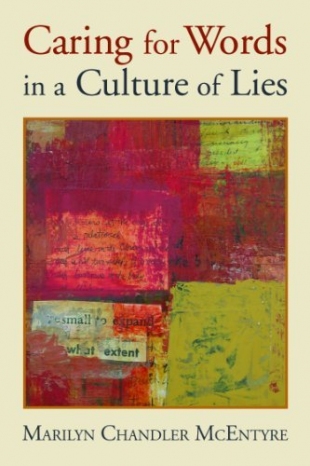"The difference between hearing and listening is significant. Some years ago I attended a conference at which the brilliant and opinionated psychologist Bruno Bettelheim addressed clinicians and educators about the nature of healing encounter. Early in the first session, he asked the audience what they thought was the main work of the clinician. One ready reply was 'Just to listen.' 'Just listen?!' Bettelheim boomed in return, somewhat contemptuously. 'My dog can just listen.' Listening is only helpful, he went on to explain, if it is skilled, focused, and responsive. The 'just' that suggests it is a simple matter belies the complexity of listening well. Listening well means knowing when to interject questions, when to redirect the conversation, and, more importantly, in what terms to interpret the other's narrative. It means recognizing that the speaker is making purposeful choices, consciously or unconsciously, and considering what those purposes might be. It means accepting the tension between making judgments and withholding judgment as the other's story or line of reasoning unfolds. It means hearing and noting the omissions. And it means listening not only through the words spoken, but to them.
"The best listeners I know pause over words. 'That's an interesting way of putting it,' they muse, or they ask, 'What exactly do you mean by that?' The consciousness that every word is a choice, that each word has its own resonance, nuance, emotional coloring, and weight informs their sense of what is being communicated. This kind of listening comes close to what we engage in when we listen to music. The shape of sentences, the enunciation and emphasis, the images and metaphors, the idioms all give a particular character to the thoughts being expressed — sometimes, indeed, complicate or modify or even belie them. So if we are to listen well, we must learn to listen for the 'how' and 'why' as well as the 'what.' A good listener loves words, respects them, pays attention to them, and recognizes vague approximations as a kind of falsehood. The standard to which Twain holds writers isn't altogether unreasonable as a standard for good conversation. This care for responsible use of words might be compared to keeping one's instrument in tune so that the melody may be played truly."
